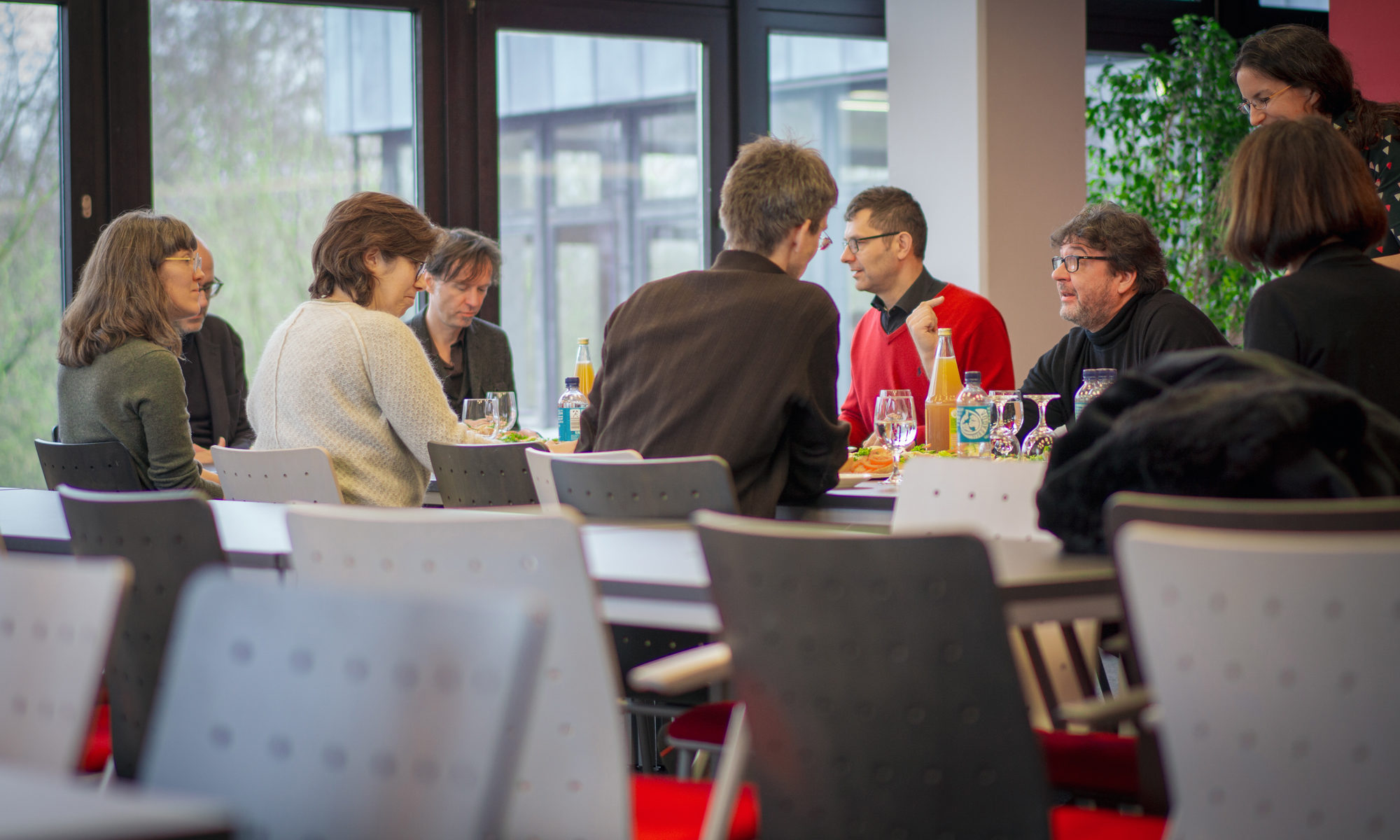Intoxicating Spaces brought together a team of historians from the universities of Oldenburg (Germany), Sheffield (UK), Stockholm (Sweden), and Utrecht (Netherlands).
Principal Investigators
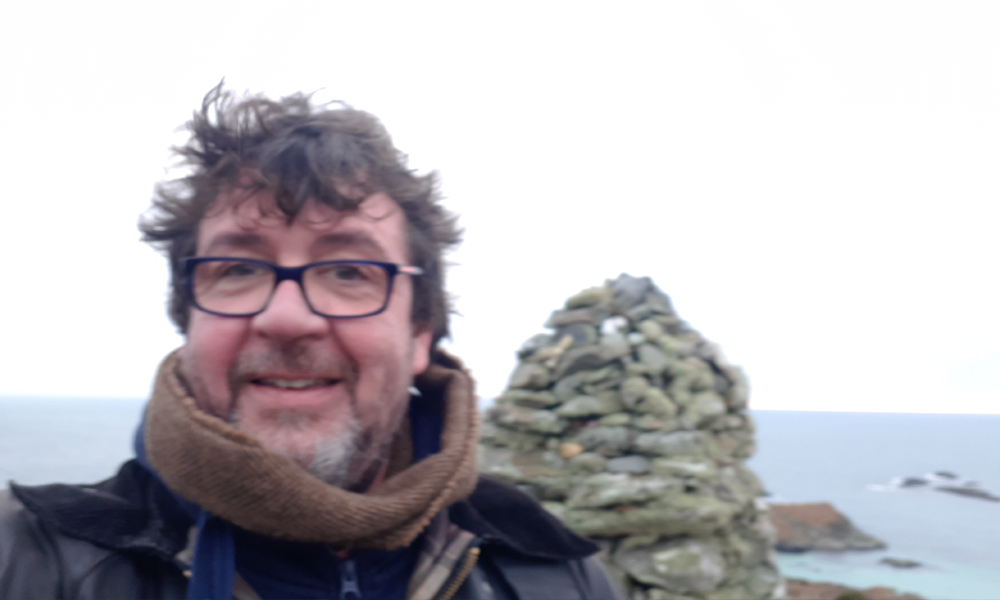
Professor Phil Withington
Principal Investigator & Project Leader
University of Sheffield
Phil is a social and cultural historian of the early modern world. Intoxicating Spaces combines a number of his specialisms: urbanism and urbanisation; the history of social practices and spaces; and the history of intoxicants. Over the last twenty years he has published extensively on these subjects and run a number of funded projects, most recently the ESRC-funded Intoxicants and Early Modernity. Key publications include the monographs The Politics of Commonwealth (2005) and Society in Early Modern England (2010), the P&P Special Supplement Cultures of Intoxication (2014), and articles in The Historical Journal, Social History, English Historical Review, and American Historical Review. ‘Intoxicants and the Invention of ‘Consumption” has just been published in Economic History Review; ‘Where was the Coffee in Early Modern England?’ is forthcoming in The Journal of Modern History.
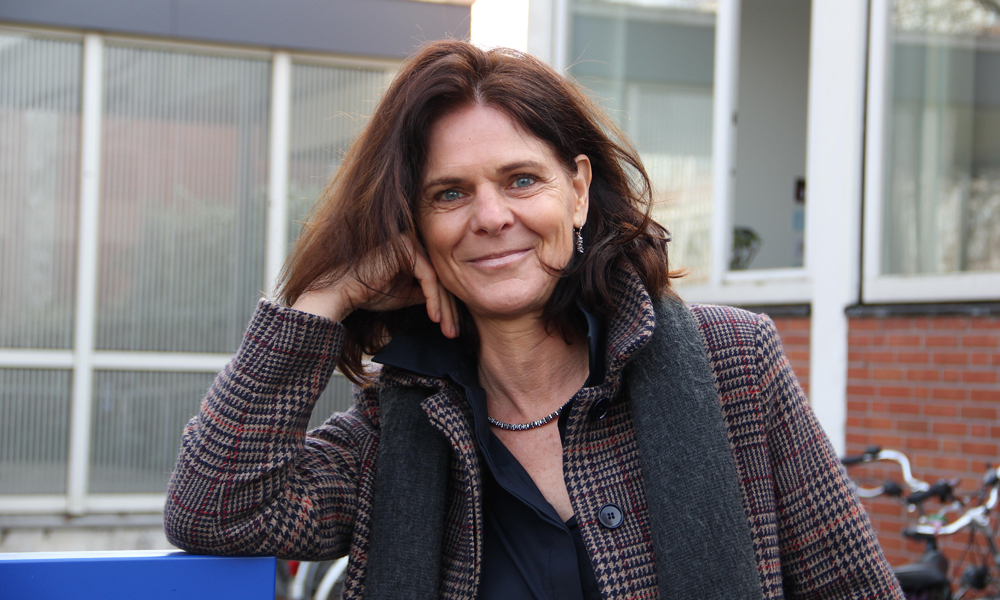
Professor Dagmar Freist
Principal Investigator
Carl von Ossietzky Universität, Oldenburg
Dagmar specialises in the cultural history and social practices of the early modern (global) world. She is director of the Academy-funded Prize Papers Project, and deputy speaker of a research training group on social practices, financed by the German Research Foundation. She has published extensively on religious diversity, diasporas, media, and the public sphere, including Glaube-Liebe Zwietracht. Religiös-Konfessionell gemischte Ehen in der Frühen Neuzeit (2017), Connecting Worlds and People (together with Susanne Lachenicht, 2017), and Living with Religious Diversity (together with Scott Dixon and Mark Greengrass, 2013). Her ‘A Global Microhistory of the Early Modern Period: Social Sites and the Interconnectedness of Human Lives’ appeared in 2017 in in Quaderni Storici. Intoxicating Spaces allows her to connect her early work on urban history and public spaces with her more recent research on global networks and social practices by focusing on the port city of Hamburg, a vibrant migration, media, and trading city of the seventeenth and eighteenth centuries readily embracing – and debating – new consumer goods and social practices.
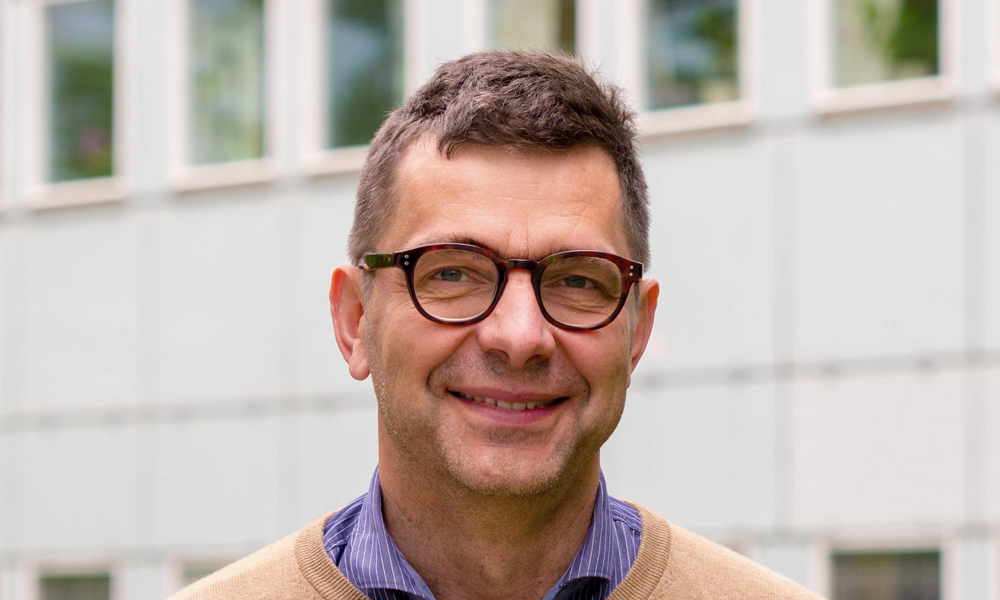
Professor Leos Müller
Principal Investigator
Stockholm University
Leos is a professor of history and head of the Centre for Maritime Studies, Stockholm University, which is a partnership between academia and the Swedish maritime heritage sector. As a global historian, he is interested in Sweden’s role in early modern globalisation. He has studied imports of colonial goods (including intoxicants) and the birth of the eighteenth-century ‘consumer society’. He has also researched the Swedish East India Company and its trade, and Sweden’s shipping business in the Mediterranean and the Atlantic. His most recent research interest concerns the roles of naval warfare and maritime neutrality in shaping early modern international order and global trade.
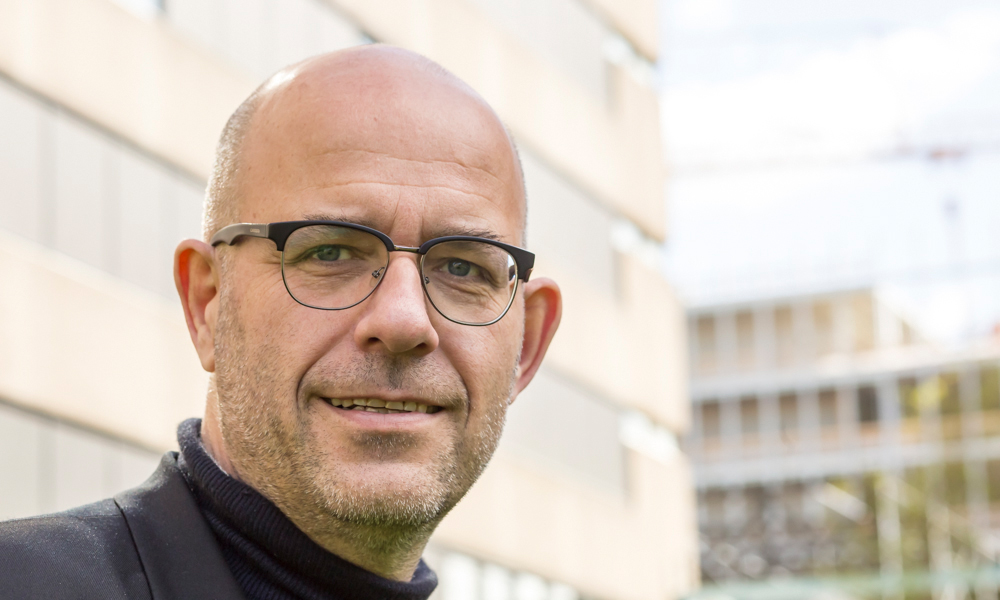
Professor Toine Pieters
Principal Investigator
Utrecht University
Toine is Professor of the History of Pharmacy and Allied Sciences, and works in three overlapping fields: the history of pharmacy and allied sciences; medical humanities; and digital humanities. His broader research interests include intoxicants and the (re)use of heritage resources. His research covers the pre-modern period to the nanoscience era, and shows that as historic markers of scientific progress, and important objects of public and private mediation and imagination, medicines provide an appropriate starting point for the analysis of long-term patterns of economic and cultural change. As such, the history of pharmacy offers a unique meeting ground between the sciences and the humanities, with the potential to connect economic history, cultural history, and the history of science and medicine. In most of his projects he is keen to draw parallels with other historical developments, with a special focus on how commodities adapt and respond to societal and scientific events.
Research Team
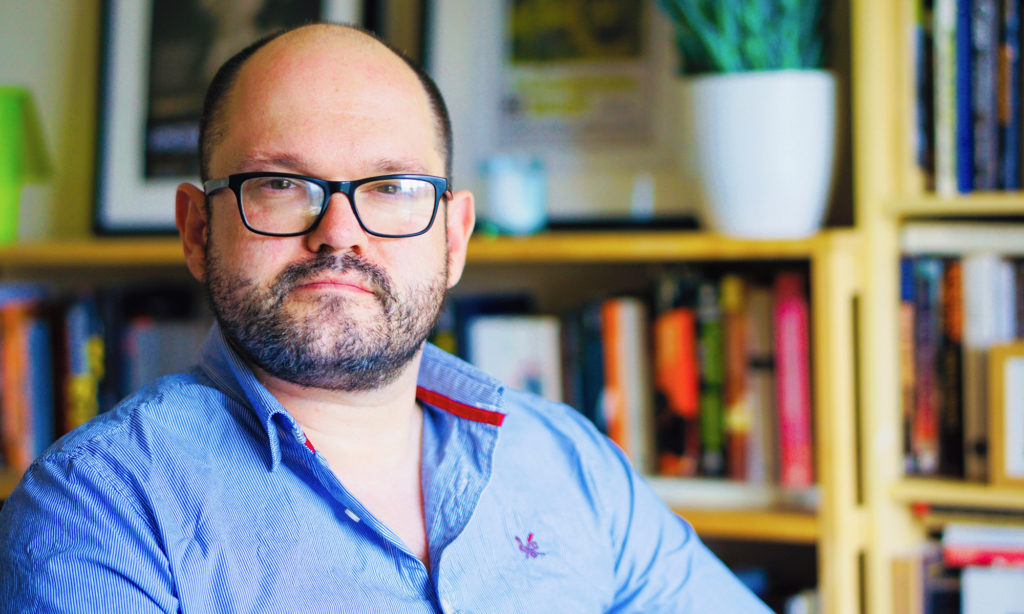
Dr James Brown
Research Associate & Project Manager
University of Sheffield
James is a historian of early modern England, with a special interest in intoxication and drinking cultures. His Warwick PhD thesis was a case study of inns, taverns, and alehouses in Southampton (which adopted a spatial approach to the port’s drinking places), and he has published on the spatial politics of the alehouse, the introduction of beer, and alehouse licensing and state formation. He also has longstanding interests in the digital humanities, project, programme, and event management, and public engagement, knowledge exchange, and impact, and has previously worked for major projects on early modern correspondence networks, intoxicants, and witchcraft and the history of the emotions.
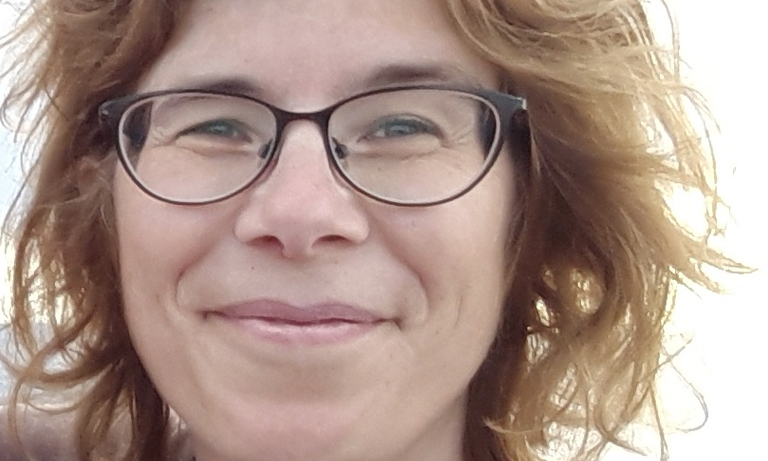
Dr Hanna Hodacs
Postdoctoral Researcher
Dalarna University
Hanna is interested in tea in the early modern period. She has studied the Scandinavian East India companies and their trade in Chinese tea in Canton and in Europe. Another topic to which she regularly returns is eighteenth-century botany. Her work has been concerned with excursions and learning about nature outdoors, the trade in natural history collections, and taxonomic developments. How naturalists looked for substitutes at home in order to replace goods imported from abroad is another strand in her work.
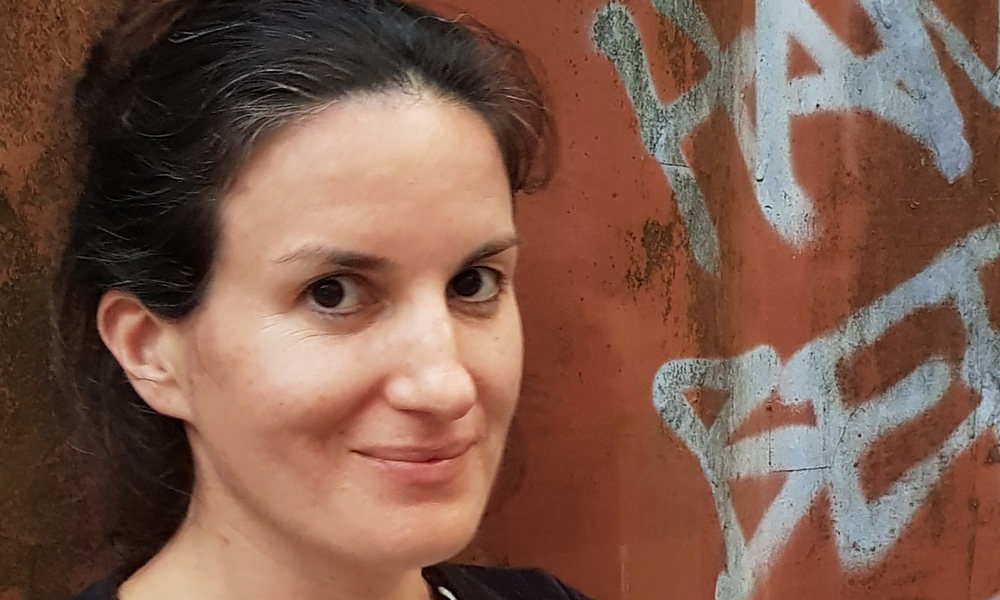
Dr Gabrielle Robilliard
Postdoctoral Researcher
Carl von Ossietzky Universität, Oldenburg
Gabrielle is broadly interested in the social, economic, and cultural aspects of early modernity in Germany, with a particular focus on medical practices and cultures, gender, and work in urban spaces. She completed her PhD on the professional, civic, and community structures, practices, and culture of midwifery in early modern Leipzig at the University of Warwick in 2011, and has since then worked variously as a lecturer, academic editor, and translator. Her book based upon the doctorate, Tending Mothers and the Fruits of the Womb: The Work of the Midwife in the Early Modern German City, was published in 2017. Gabrielle’s research for the project focuses on the port city of Hamburg, and she coordinates the project’s various knowledge transfer activities in and around Oldenburg.
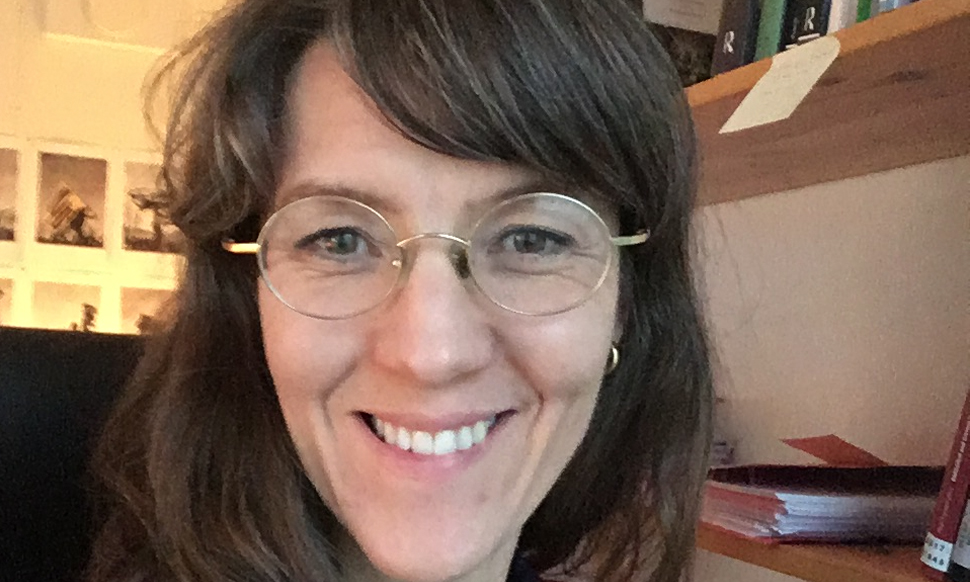
Professor Karin Sennefelt
Senior Researcher
Stockholm University
Karin’s main interests lie in how early modern people understood and navigated their social world. She has studied this in terms of how people looked at and categorised each other, how they navigated urban spaces, and how bodies and objects shaped identities and identification. She has published on spatial practices, gender and citizenship, and on the political significance of wine and coffee in eighteenth-century in Stockholm. Lately, her work has been centred around corporeal reactions to things like spirits, books, sights, and vapours.
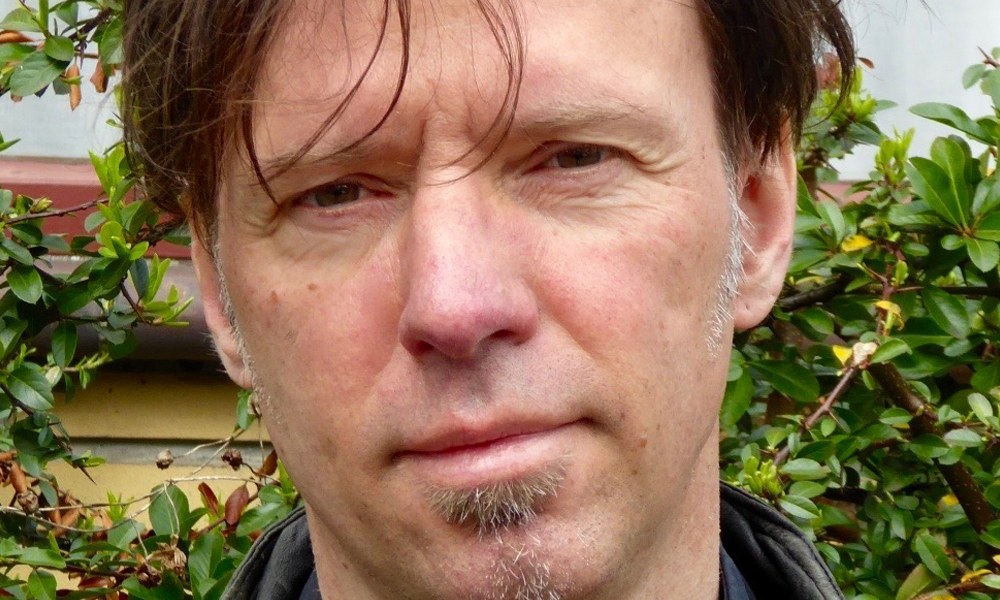
Dr Stephen Snelders
Research Fellow
University of Utrecht, Netherlands
Stephen is fascinated by drug use in human societies throughout history. His doctoral thesis investigated the history of LSD in the Netherlands, and he has subsequently developed interests in the histories of cannabis and methamphetamine, and in colonial medicine and piracy. He has written extensively for academic and popular audiences (including monographs on seventeenth-century Dutch piracy, leprosy in the Dutch colony of Suriname, adventure-scientists in the Dutch Atlantic, and on LSD therapy and lay medical knowledge in the Netherlands), and is currently completing a study of the illegal drug trade in the twentieth-century Netherlands.
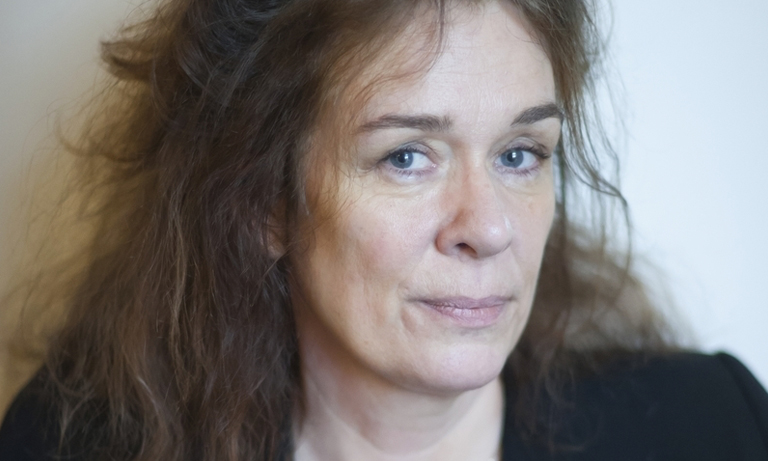
Dr Ulrika Torell
Postdoctoral Researcher
Nordiska museet/Stockholm University
Ulrika is a cultural historian. Her research interests include cultures of consumption, food and foodways, and risk and health in historical and contemporary perspective, with a particular emphasis on everyday life and the material, visual, and spatial aspects of the use and sale of food, drink, and tobacco. Previous research projects have explored the image of the smoker in Sweden, 1950–1995 (PhD thesis, 2002); the history of Swedish sugar consumption; the history of packaging; the transformation of the private kitchen in Sweden 1870–2000; and, most recently, the emergence of the public café in Stockholm 1800-1850.
International Interdisciplinary Network
We also assembled, and benefited from the expertise of, an international interdisciplinary network of scholars and practitioners with intoxicant-related interests.
Atul Ambekar (All India Institute of Medical Sciences)
Bhaswati Bhattacharya (University of Göttingen)
Jacek Blaszkiewicz (Wayne State University)
Bruno Blondé (University of Antwerp)
Benjamin Breen (UC Santa Cruz)
David T. Courtwright (University of North Florida)
Brian Cowan (McGill University)
Kate Davison (University of Sheffield)
Dorota Dias-Lewandowska (Polish Academy of Sciences)
Markman Ellis (QMUL)
Angelika Epple (Bielefeld University)
Misha Ewen (University of Bristol)
Jerzy Gawronski (University of Amsterdam)
Mimi Goodall (University of Oxford)
Felicia Gottmann (Northumbria University)
Amanda Herbert (Durham University)
Rosemarijn Höfte (KITLV)
Peter Jackson (University of Sheffield)
Kathryn James (Yale Law Library)
Nina Jaspers (Leiden University)
Bradley Kadel (Fayetteville State University)
Charles Kaplan (USC)
Vera Keller (University of Oregon)
Kawal Deep Kour (International Institute for Asian Studies)
Elaine Leong (UCL)
Pia Lundqvist (University of Gothenburg)
Anne McCants (MIT)
Angela McShane (University of Warwick)
Natascha Mehler (University of Vienna)
Jim Mills (University of Strathclyde)
Miles Ogborn (QMUL)
Mark Peterson (Yale University)
Kristin Plys (University of Toronto Mississauga)
Jorun Poettering (Harvard University)
Mark Ponte (Stadsarchief Amsterdam)
Susanne Rau (University of Erfurt)
Annika Raapke (Georg-August University Göttingen)
Magnus Ressel (University of Frankfurt)
Klas Rönnbäck (University of Gothenburg)
Wouter Ryckbosch (Brussels Centre for Urban Studies)
Esther Sahle (Freie Universität Berlin)
Emma Spary (University of Cambridge)
Philip Stern (Duke University)
Michael Stolberg (University of Würzburg)
Thembisa Waetjen (University of Johannesburg)
Patrick Wallis (LSE)
Heather Wolfe (Folger Institute)
Lauren Working (University of York)
Nuala Zahedieh (University of Cambridge)
Jürgen Zimmerer (University of Hamburg)
Management Advisory Board
- Thomas Alkemeyer (University of Oldenburg)
- Håkan Forsell (Stockholm University)
- Gill Valentine (Sheffield University)
- Tine de Moor (Rotterdam School of Management, Erasmus University)

